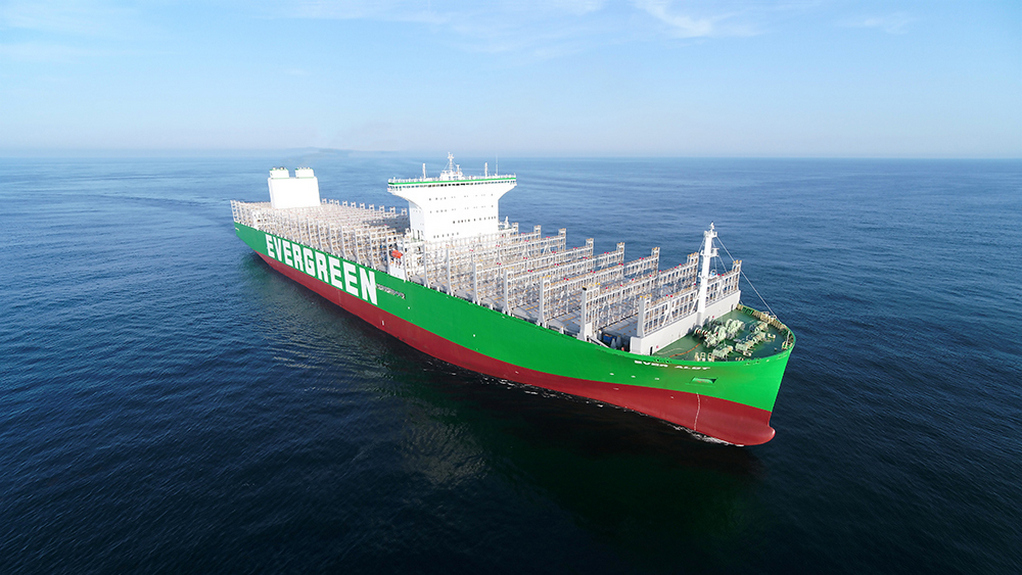Kuehne+Nagel has been in a trusting partnership with Norwegian technology company ScaleAQ since 2014. Their shared ambition to drive a sustainable future has now resulted in Norway’s first fully traceable biofuel cargo. Norway is the world’s leading producer of Atlantic salmon and one of the largest seafood exporters in the world. Norwegian aquaculture has developed to become an industry of significant importance in the country.
ScaleAQ is a global technology supplier to the aquaculture industry worldwide, contributing to this success. The company’s commitment to sustainability and the environment reflects in its highly-compliant standards of aquaculture equipment. As part of ScaleAQ’s goals to identify new sustainable solutions, they are embarking on a new biofuel journey with Kuehne+Nagel to reduce CO2e emissions for all their sea cargo.
Kuehne+Nagel’s biofuel concept has made this next step possible for ScaleAQ by allocating an environmentally and socially corresponding next-generation biofuel made from waste-based feedstock to their cargo. This Mass-Balance-Concept enables ScaleAQ to instantly avoid CO2e emissions from their entire supply chain. Mass balancing allows the consumption of biofuels on specific vessels and allocates fully traceable CO2e savings to specific cargo volumes. Kuehne+Nagel will work with leading carriers, energy companies, and trading houses to provide ScaleAQ with this concept.
Tags: Biofuel, Kuehne+Nagel, Norway, ScaleAQ



Recent Posts
Polish Delegation and JKSH Group Explore Green Energy Project in Andhra Pradesh
bigbasket Expands EV Delivery Fleet to 50 Cities with Support from Kazam
Axpo Completes Spain’s First Ship-to-Ship Bio-LNG Bunkering for Container Vessel at Algeciras
BLG LOGISTICS and Liebherr Strengthen Sustainable Port Operations with Shore Power-Ready Crane in Bremerhaven
Beijing Maersk Enters Service as Latest Methanol-Powered Containership
Yinson GreenTech and C-Torq Deliver Marine Battery System for Hybrid Vessel in the Middle East
Singapore Tugboat Receives Biofuel-Ready Notation Following Retrofit
NYK Names Sixth Dual-Fuel LPG Carrier “Luna Pathfinder”